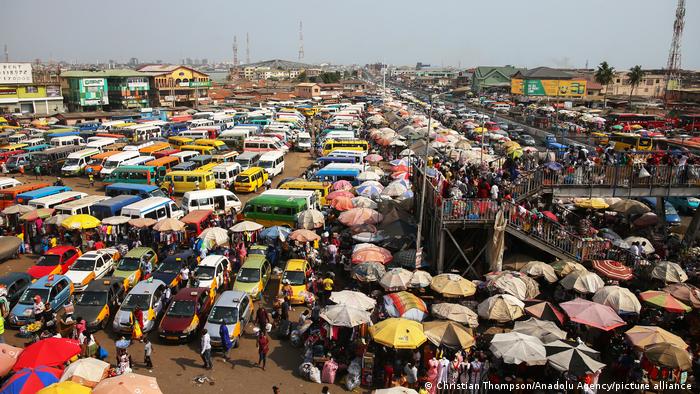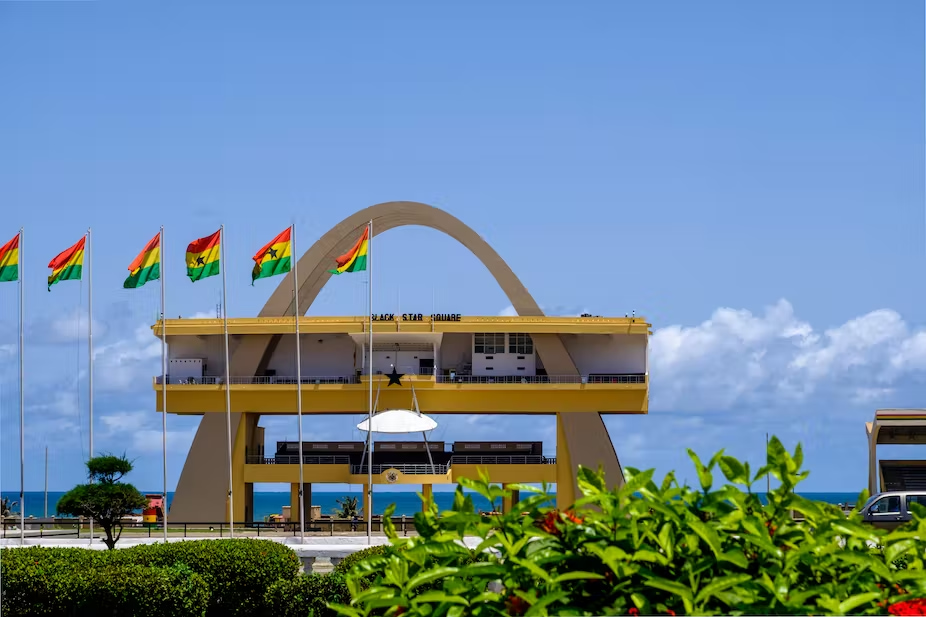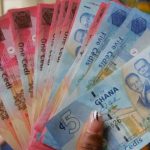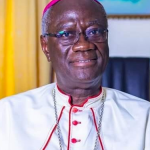The potential of an accelerated IMF program received a boost this week when the United Kingdom, Germany, and France vowed to assist Ghana’s economy in overcoming the current crisis.
These financial commitments followed closed-door bilateral negotiations hosted by the Ghanaian government delegation in Washington, DC.
Ken Ofori-Atta, Ghana’s Finance Minister, told the Ghanaian media that “Ghana still has great strengths to build on, as our productive sectors are still growing, expenditures are being contained, and the formal conclusion of IMF negotiations should support our balance of payments position. Consequently, our bilateral partners are demonstrating increased support for our recovery plan.”

The Ghanaian delegation will explain the broad policy underpinnings for the Government’s flagship “Post-Covid Programme for Economic Growth” in negotiations with the IMF over the next week (PC-PEG).
The PC-PEG, referred to as the Enhanced Domestic Programme (EDP) in the 2022 Mid-Year Budget Statement, contains a series of time-bound structural reforms and fiscal consolidation measures designed to put Ghana’s debt levels and fiscal accounts on a sustainable course in the medium term.
Over the next few months, existing macroeconomic imbalances are likely to be alleviated by a combination of IMF assistance, structural reform programs, and greater bilateral support.
Ghana, like many other countries, is dealing with a convergence of negative shocks exacerbated by debt vulnerabilities.
As a result, the prompt completion of IMF discussions continues to dominate the government’s agenda.














